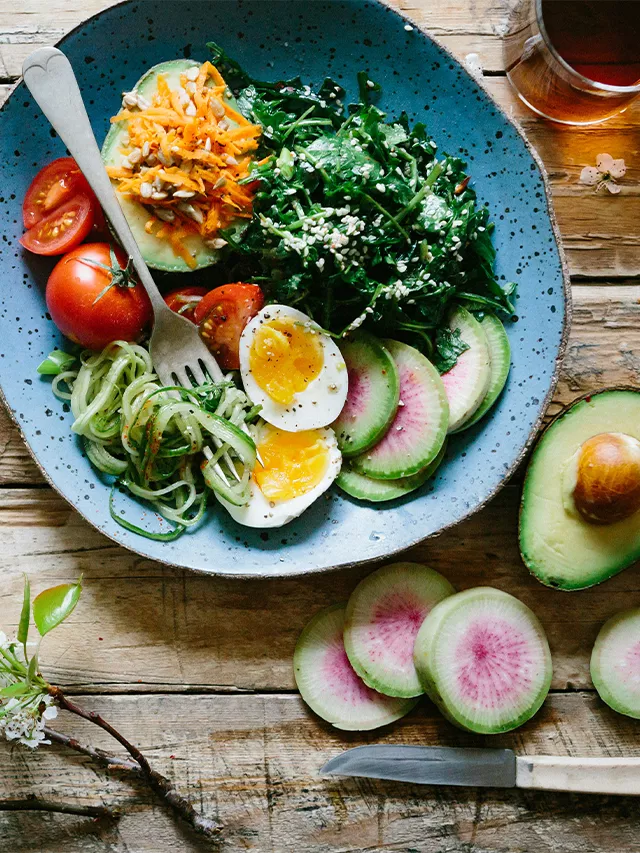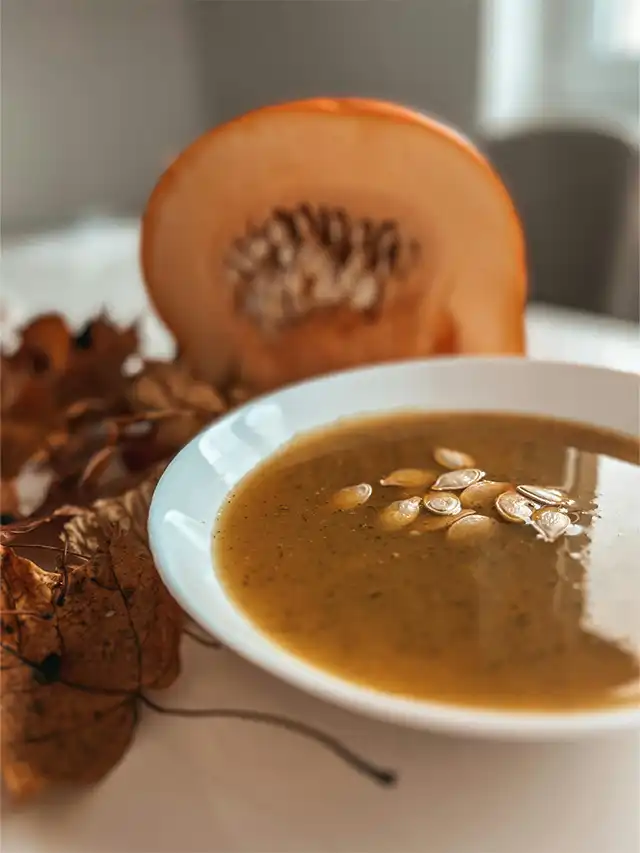Last Updated on October 10, 2024 by Prissila Murillo
Plant-based diets are on the rise. In fact, an estimated three to five percent of US adults do not eat meat, fish, or poultry according to a poll conducted by the Vegetarian Resource Group. (1) People become vegetarians for many reasons including religious ones, concern for animal welfare, affordability, and health. Whether you follow a vegetarian meal plan or embrace a more plant-based way of eating, it has the potential to help you stay fit and lose weight when done right.
What Is the Vegetarian Diet?
There are several types of vegetarian diets. One commonality is that they embrace a more plant-based way of eating incorporating fruits, vegetables, whole grains, legumes, nuts, and seeds. For example, dairy and eggs are included under certain vegetarian diets while meat, poultry, and fish are universally excluded.
The Types of Vegetarian Diets
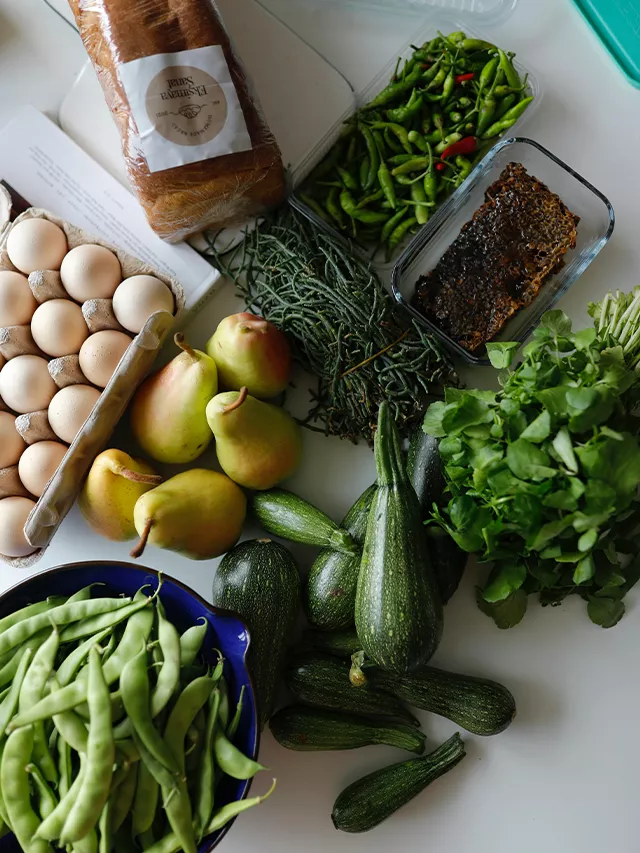
Lacto vegetarian: This diet limits meat, poultry, fish, and eggs. It includes dairy products including cheese, yogurt, and milk.
Ovo vegetarian: This diet limits meat, fish, poultry, and dairy. It includes egg products.
Lacto-ovo vegetarian: This diet is the most popular type of vegetarianism. So it limits meat, poultry, and fish but includes dairy and egg products.
Vegan: This is the most constrictive type of vegetarianism. In fact, it limits any animal products or byproducts including meat, poultry, fish, eggs, and dairy. Vegans also exclude ingredients like honey and gelatin.
Four Benefits of a Vegetarian Diet
1. May help with weight management:
A vegetarian diet may help with weight loss. Actually, fruits and vegetables are low in calories and high in vitamins, minerals, and filling fiber, meaning they take up room in your stomach and can help prevent over-eating. In fact, plant-based diets have been linked to lower body mass index (BMI) and lower incidents of obesity. (2)
2. Heart health support:
Since saturated fat is found mostly in animal protein like red meat, a vegetarian diet could potentially lower its consumption. Saturated fat intake is linked to elevated cardiovascular risk. It is important to note that eggs and dairy also contain saturated fat in addition to a slew of important vitamins and minerals. Therefore, if you choose to include them, choose low-fat dairy when possible and moderate both egg and dairy consumption.
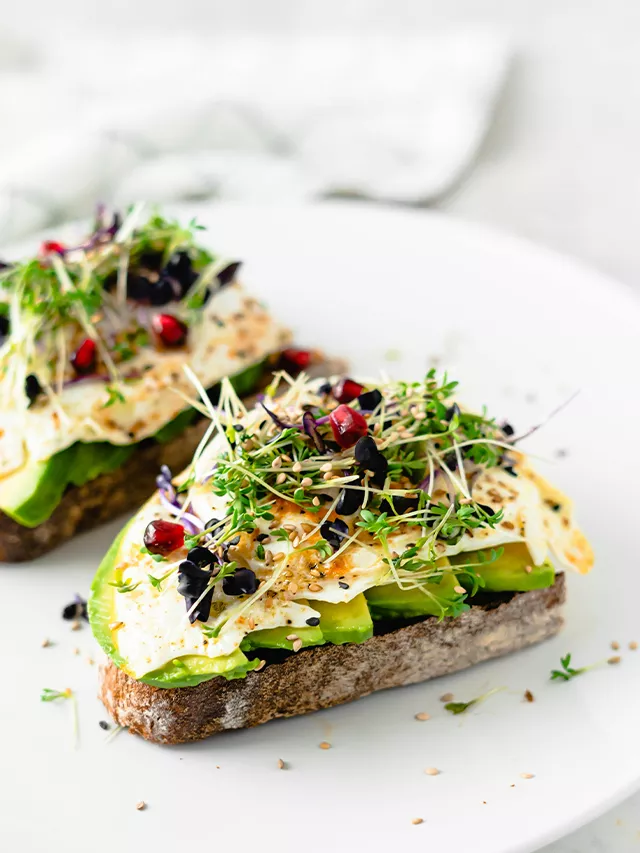
3. Can help keep you fit by aiding post-workout recovery:
A vegetarian diet also has the potential to aid post-workout recovery. Produce is naturally rich in free-radical fighting antioxidants, which may help reduce inflammation. They are also rich in electrolytes like potassium and magnesium which are important for post-workout replenishment.
4. Environmentally friendly:
Diets that limit the amount of meat, fish, and animal products consumed are more environmentally friendly. Production of animal foods requires a higher amount of water, land, fossil fuels, and energy than production of plant foods. Therefore, plant-based foods have a lower carbon footprint and hence are a more sustainable way of eating. (3)
Download our free beginner’s guide to transitioning to a plant-based diet here.
Four Nutritional Shortfalls of a Vegetarian Diet (and Some Workarounds)
Incorporating more plant-based foods has the potential to aid weight loss, support heart health, and help with post-workout recovery. However, there are some potential downsides to following a completely plant-based diet.
1. Vitamin B12:

B12 is a vitamin mostly present in meat, fish, eggs, and dairy. One study published in Nutrients showed that vegetarians have lower vitamin B12 stores than meat eaters. (4)
Vitamin B12 is an important nutrient for the body. It helps keep blood cells healthy and your nervous system working properly. B12 deficiency symptoms include fatigue and weakness. It is recommended that vegetarians take a vitamin B12 supplement to keep levels in check or work with a registered dietitian to ensure they are meeting their needs. Fortified cereals, grains, and nutritional yeast are some plant-based sources of B12.
2. Iron:
Iron from plant foods is inferior to animal foods because it is in a form called non-heme that is harder for the body to absorb and utilize. In other words, if a vegetarian is eating a decent amount of iron, the body is not able to process it as well to maintain normal iron stores.
Iron is important for transporting oxygen throughout the body. One way to increase iron absorption from plant-based foods is to pair it with a good source of vitamin C like citrus. You can also seek out iron-enriched breads and cereals.
Iron deficiency can manifest as low energy. If you suspect you are deficient, it is important to get tested and talk to your dietitian about taking supplements or modifying your diet accordingly.
3. Protein deficiency:
Protein from plant-based foods can be inferior to animal proteins since they tend to lack essential amino acids. Amino acids are the building blocks of protein that help build and repair muscles and tissues.
4. Low energy:
Low energy can result from low B12 and iron levels along with lower protein intake. As a vegetarian, opt for routinely incorporating a good variety of foods.
★ Staff Picks: Texas Superfood

There’s more than one way to go vegetarian! Although there are a lot of supplements and superfoods out there, not all of them are completely natural or sourced by sustainable means.
That’s why we would choose Texas Superfoods every time. Their entire product line is organic, non-GMO, gluten-free, and tested to show effective results. From drinkable supplements to potent superfoods, these guys should have you covered for all your vegetarian needs!
Our personal favorite: their drinkable supplement makes a refreshing and surprisingly pleasant addition to smoothies. This easily makes it our top on-the-go choice!

4 Foods to Incorporate in a Vegetarian Diet
Following a vegetarian meal plan mindfully can help you stay fit and lose weight. Weight loss is dependent on calories consumed versus energy expended. Focusing on certain foods in the vegetarian diet is key.
1. Vegetables and fruit:
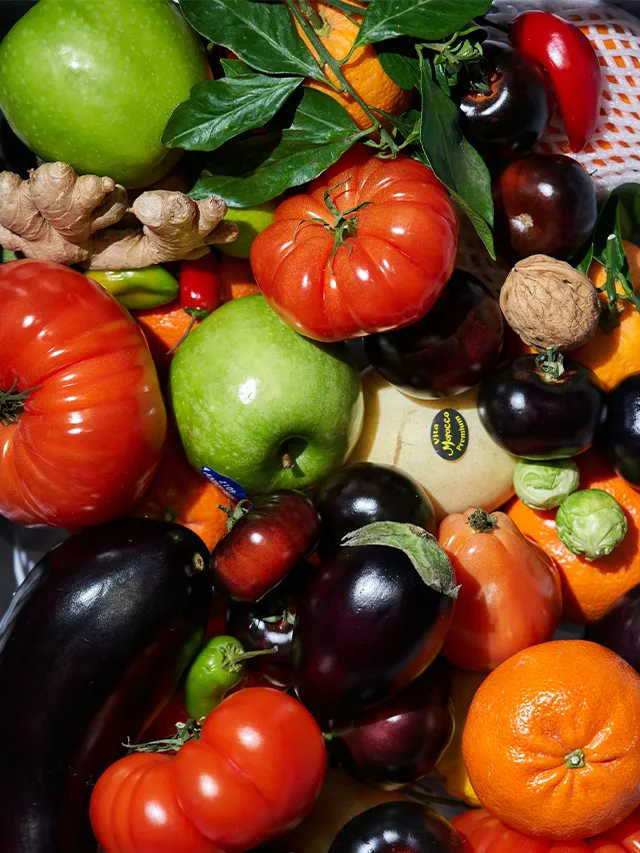
Vegetables are low in calories and high in vitamins, minerals, and filling fiber. Most dietary guidelines recommend at least five servings per day. Another study published in Nutrients showed that higher consumption of fruits and vegetables was linked to lower body mass index (BMI). (5)
2. Plant protein:
It is important, especially for weight loss and workout recovery, to consume enough protein while following a vegetarian diet. Since most plant proteins lack a complete spectrum of amino acids or protein building blocks, it is important to consume a variety of proteins (plant-based or otherwise). Foods like dairy, eggs, legumes, seitan, tofu, and tempeh are all good sources.
3. Whole grains:
Consuming sufficient whole grains on a vegetarian diet is important for keeping energy levels in check. Whole grains are a good source of fiber and certain B vitamins. B vitamins are important for energy production and metabolism. Opt for fortified grains to help meet your iron and B12 needs. Examples of whole-grain foods are oatmeal, brown rice, and quinoa.
4. Nuts, seeds and healthy oils:
Good fats are essential to a healthy diet, but it is important not to overdo them when trying to lose weight since fat is the most energy-dense macronutrient. Keep oil serving sizes to a few teaspoons and nuts and seeds to one ounce each.
Sample Day of Healthy Vegetarian Eating
Breakfast:
- 1/2 cup fortified rolled oats cooked in 8 ounces of skim milk
- 1 cup berries
- 1 hardboiled egg
Snack:
- 8 ounces vanilla Greek yogurt
- 1 apple
- 1/4 cup walnuts
Lunch:
- 2 cups stir-fry vegetables
- 1 cup cooked fortified brown rice
- 4 oz. tofu or tempeh
- 1 tbsp avocado oil
Snack:
- 1 cup raw vegetables
- 1 cup whole grain crackers
- 1/4 cup hummus
Dinner:
- 2 ounces cooked fortified whole grain pasta
- 1/2 cup marinara sauce
- 2 tbsp parmesan cheese
Conclusion
You can get all the nutrition you need, lose weight, and stay fit while following a vegetarian diet. However, it is important to educate yourself and ensure that you are satisfying your nutritional needs while excluding meat, poultry, and fish. Working with a registered dietitian can also help you meet your goals.
- 4 Healthy, High Protein Vegetarian Recipes to Eat Enough Protein
- 5 Healthy and Easy Breakfast Recipes for Busy Mornings
- 4 Easy Vegetarian Lunch Ideas for Work (with Recipes)
- Paleo vs Keto: What’s the Difference?
References
- HOW MANY ADULTS IN THE U.S ARE VEGETARIAN AND VEGAN? (n.d.). Retrieved December 15, 2018, from https://www.vrg.org/nutshell/Polls/2016_adults_veg.htm
- Turner-McGrievy, G., Mandes, T., Crimarco, A. (2017). A plant-based diet for overweight and obesity prevention and treatment. J. Geriatr Cardiol., 14(5), pp. 369-374.
- Carbon Footprint Factsheet. (n.d.). Retrieved December 15, 2018, from http://css.umich.edu/factsheets/carbon-footprint-factsheet
- Woo, KM, Kwok, TCY, Celermajer, DS. (2014). Vegan Diet, Subnormal Vitamin B-12 Status and Cardiovascular Health. . Nutrients, 6(8), pp. 3259-3273.
- Charlton, K., Kowal, P., Soriano, MM., et. al. (2017). Fruit and Vegetable Intake and Body Mass Index in a Large Sample of Middle-Aged Australian Men and Women. Nutrients, 6(6), pp. 2305-2319.
Creating a Vegetarian Meal Plan to Stay Fit & Lose Weight
Plant-based diets are on the…
6 Healthy & Tasty Vegetarian Soups Recipes (Vegan Options Included)
Warm, comforting, and nourishing vegetarian…
6 Affordable Vegetarian Crock Pot Recipes for a Family or Group
Crock pots are a popular…
4 Easy Vegetarian Lunch Ideas for Work (with Recipes)
Who said that you couldn’t…
- 4 Healthy, High Protein Vegetarian Recipes to Eat Balanced Protein
- 6 Affordable Vegetarian Crock Pot Recipes for a Family or Group
- 6 Healthy & Tasty Vegetarian Soups Recipes (Vegan Options Included)
- Easter Brunch Recipes: 7 Healthy Easter Meals with Fresh Flavors (Plus Vegetarian Options)
- 4 Easy Vegetarian Lunch Ideas for Work (with Recipes)
